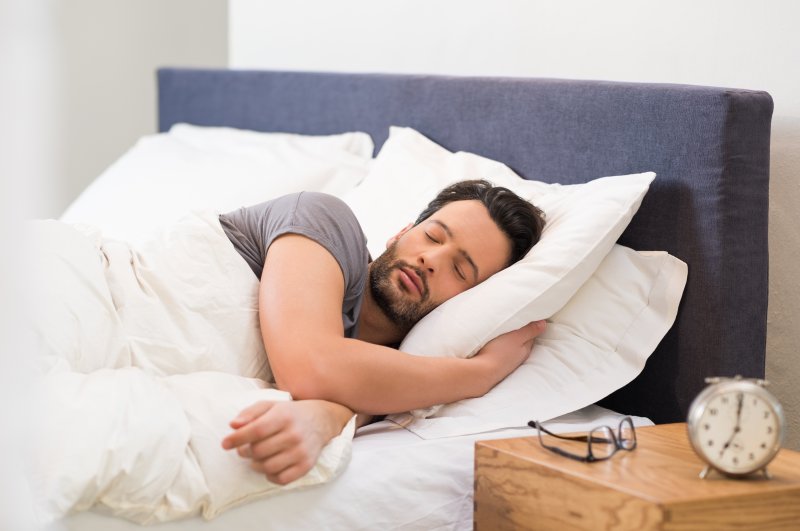
When people think of sleep apnea, they tend to think of restless nights and incredibly loud snoring, but these aren’t the only issues you can experience. If you have sleep apnea, you may also carry a higher risk for other long-term problems related to your overall health. This includes cardiovascular complications like heart disease and stroke. However, did you know that sleep apnea can have an impact on your brain health as well? Keep reading to learn more about this connection and how sleep apnea therapy can make a difference.
How Sleep Apnea Affects the Brain Directly
Researchers at UCLA found that untreated sleep apnea can cause the blood brain barrier (or BBB) to become more permeable. This crucial immunological component of the central nervous system essentially acts as a roadblock for harmful organisms that can circulate through the bloodstream. Compromised function of the BBB can increase the risk of stroke, epilepsy, meningitis, multiple sclerosis, Alzheimer’s disease, and other systemic diseases.
Furthermore, they found that sleep apnea appears to change the shape of the brain. Specifically, they focused on the mammillary bodies (which are structures essential to memory storage) and found that those with sleep apnea had structures that were 20% smaller than those without the condition.
Other studies have shown that those with sleep apnea were found to have decreased gray and white matter in certain areas of the brain. As a result, researchers concluded that the condition could be responsible for many day-to-day symptoms.
Sleep Apnea Side Effects Related to the Brain
While it’s clear that sleep apnea affects brain health, it’s important to understand what symptoms to look out for other than just snoring (which does not necessarily confirm the presence of sleep apnea in all cases). Some of the most common side effects that can occur include the following:
- Memory loss or issues with short-term recall
- Emotional problems such as irritability or sudden mood swings
- Difficulty with learning new things, concentration, or making decisions
- Chronic fatigue or brain fog
The sooner you recognize these symptoms, the sooner you can get help from a professional and start managing what very well could be undiagnosed sleep apnea.
What Sleep Apnea Therapy is Designed to Do
Sleep apnea therapy works to improve airflow during sleep. In the case of obstructive sleep apnea, which is the most common form of the disorder, it’s vital to pinpoint blockages inside the mouth. This typically includes the soft palate, tongue, or oral tissues that make breathing more difficult.
One of the ways dentists can help is through customized oral appliances personalized to your exact needs. These devices are worn during sleep and reposition the jaw in order to open the mouth further. Not only are they easy to use and can be quite effective for those with mild to moderate sleep apnea, but they are much easier to travel with!
Don’t struggle with sleep apnea symptoms another day. Call a dentist to learn more about your options!
About Little Rock Family Dental Care
Our many dentists are happy to speak with you directly about your symptoms and design a customized oral appliance to help manage your sleep apnea. Many of them have over 30 years of experience and will carefully personalize your treatment plan to your exact needs. To schedule an appointment with any one of their three offices, you can contact them through their website.
